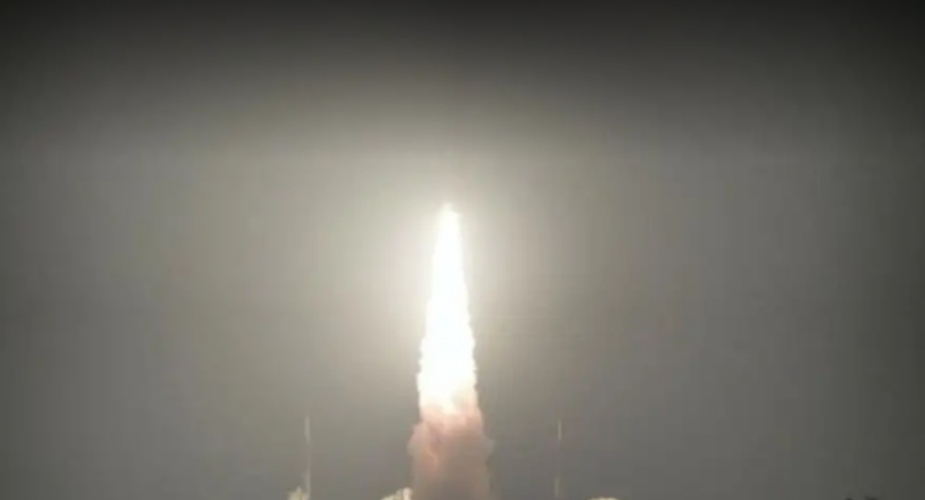India's first private sector rocket launch on November 15th, 11.30 am

Hyderabad-based space tech startup Skyroot Aerospace has confirmed that it's homegrown rocket - Vikram-S - and India's first privately developed launch vehicle is now scheduled for takeoff on November 15th
Confirming this and speaking to Financial Express Online, Skyroot co-founder Pawan Chandana said the maiden mission of Skyroot Aerospace, named 'Prarambh' (the beginning), will carry three customer payloads and will be launched from Indian Space Research Organisation's (ISRO) launchpad at Sriharikota.
Sharing details of the mission and its significance, he says, despite a trends towards reducing costs, satellite launch costs are very high, with substantial costs incurred on space systems. All of it making the services costly to offer. 'Today, typically for a small satellite orbital launch the costs could go up to as much as Rs 15 lakh per kilogram. This is expected to reduce in near future to about Rs 3 lakh to Rs 4 lakh per kilogram.' But then, Chandana is quick to clarify that this does not apply for the launch on the 15th as 'it is not an orbital launch and is sub-orbital, which means it goes into space and then falls back after the system testing it is meant to conduct. And, since it is not like a regular long stay orbital movement, it is important to remember that a sub-orbitalvehicle will be much lower in terms of cost than an orbital vehicle launch expenses.'
Without sharing specific details, he confined to saying that the cost in the launch on the 15th will be much lower and at about few lakhs a kilogram. The three payloads it will carry will be less than 10 kilogram in all. 'They will measure some parameters as the rocket ascends, analyse the data which is useful for educational and research purposes.'
While the flight in all is for five minutes, he says, the significance is that this is being done by a company in the private sector and with its own efforts in terms of technology and resources. However, there has also been a backing by ISRO, which Skyroot acknowledges. Apart from launch support, Skyroot undertook several testing processes within the ISRO test facilities to enable the launch, including the testing of various flight hardware.The LTE
orbital launch and also because in terms of complexity both sub-orbital and orbital launches are similar. The next stage for the company is to get to orbital launches and get into the market and generate revenues. In terms of the funding and resources required in this sector, he calls his company as one that is today the largest funded space start up in the country.
In terms of technology deployed, he says, the company has been using cutting-edge technologies like carbon composites and also 3D printing for some of its components.
Incidentally, while still early in the journey, Pawan Chandana, is finding it hard to escape comparisons with Elon Musk, the iconic CEO of SpaceX, Chandana is aware of the long and arduous journey ahead. 'While many already call me as one like him from India, it will be a long and several decades of journey before I can think of anything like him.'



